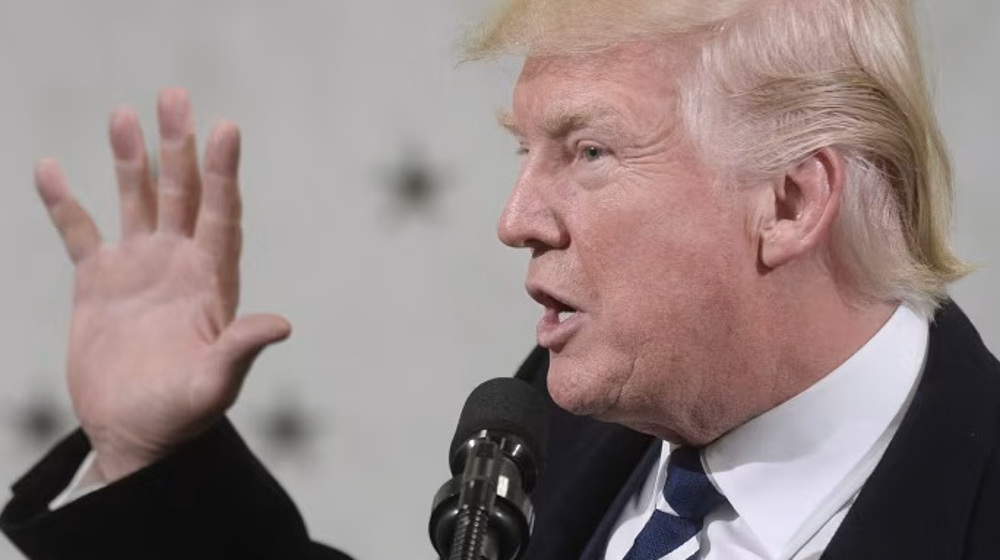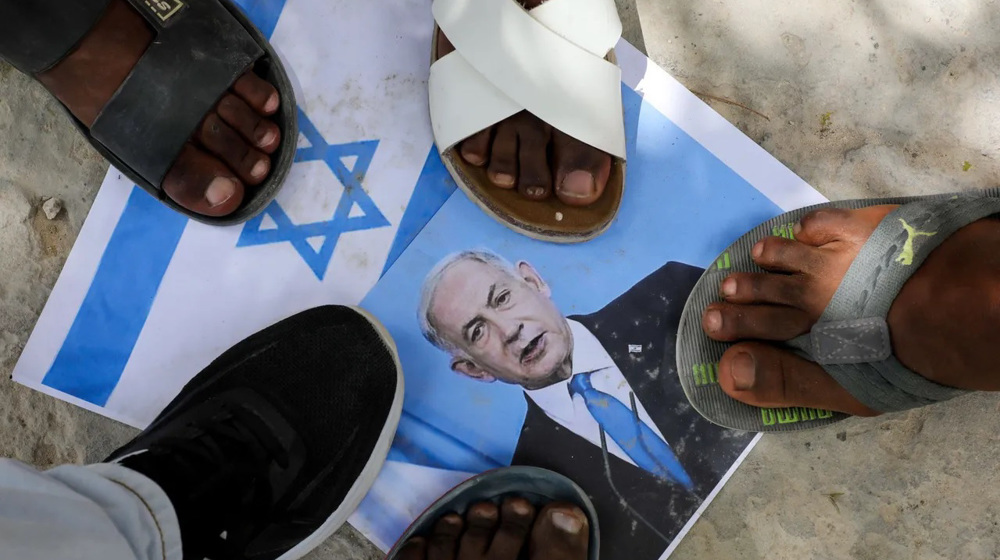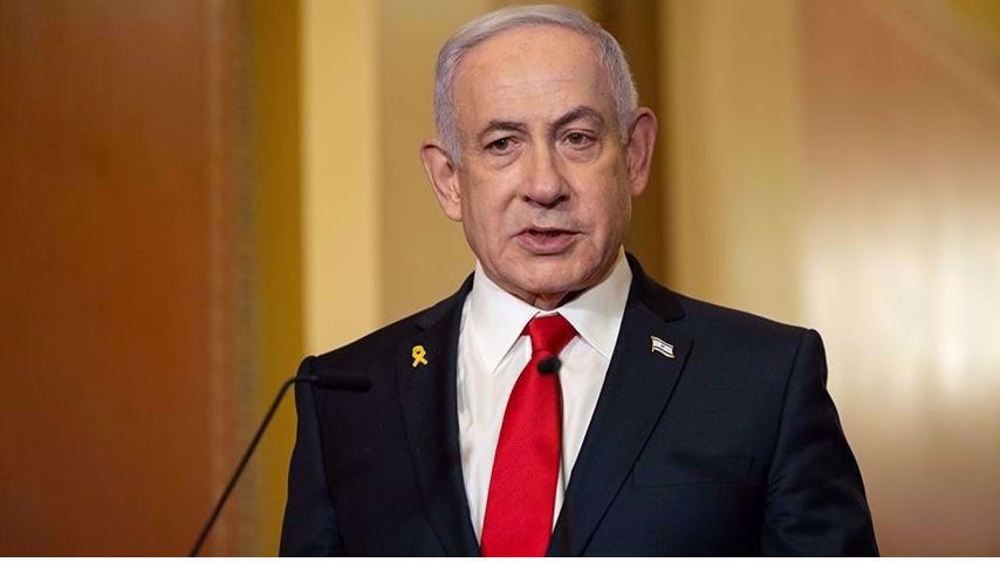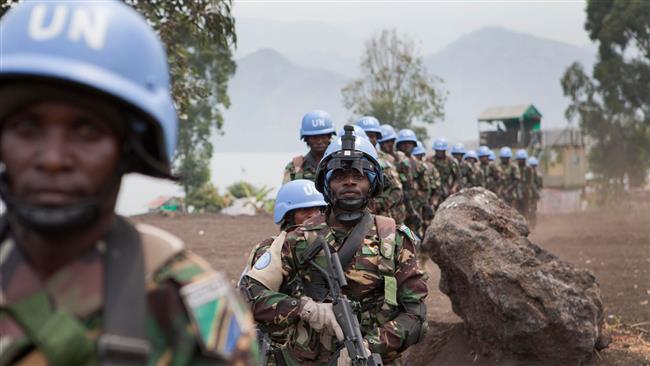Kidnapped UN experts in DR Congo found dead
Two foreign UN contractors who were kidnapped in DR Congo have been found dead, one of them decapitated, the government said Tuesday, as spiraling violence in the vast country sparked international condemnation.
The bodies of American Michael Sharp and Swedish national Zaida Catalan were found as the UN Security Council prepared for a vote on Wednesday on extending its peacekeeping mission in the Democratic Republic of Congo.
UN Secretary General Antonio Guterres vowed that the world body would do “everything possible” to bring justice in the case.
“Michael and Zaida lost their lives seeking to understand the causes of conflict and insecurity in the DRC in order to help bring peace to the country and its people,” the UN chief said.
“I trust that the Congolese authorities will conduct a full investigation into this incident. The United Nations will also conduct an inquiry. In case of criminal acts, the United Nations will do everything possible to ensure that justice is done,” he added.
The two were kidnapped by unidentified assailants on March 12 along with four Congolese accompanying them in Kasai-Central province.
Government spokesman Lambert Mende said the woman’s body had been decapitated.
The remote region has been plagued by violence since mid-August, when government forces killed Kamwina Nsapu, a tribal chief and militia leader who had rebelled against President Joseph Kabila’s central government.
The violence has spilled over from Kasai to the neighboring provinces of Kasai-Oriental and Lomami, leaving at least 400 people dead.
Several days before the two UN experts were kidnapped, a Uruguayan peacekeeper was shot and injured in the same region.
Sharp’s father, John Sharp, said there was a “high probability” the bodies were those of his son and Catalan.
“Dental records and DNA samples will be used to confirm the identities. This will take some time,” he added on Facebook.
‘39 officers killed’
On Monday, Congolese national police accused rebels of massacring 39 of their officers in Kasai.
The victims were killed in an “ambush” early Friday as they were traveling in trucks, and buried in a mass grave by supporters of the late Kamwina Nsapu, a police spokesman said.
Jordan Anderson, Africa analyst for IHS Markit, cited reports that all 39 had been beheaded.
The Kamwina Nsapu militia “is increasingly taking violent and hostile action against anyone it sees as being outsiders, interfering in the Kasai,” he said.
The United Nations, European Union and African Union on Tuesday expressed “grave concern” over the spiraling violence in Kasai.
The organizations “condemn this despicable act and express their condolences to the families of the victims,” they said.
They called for an “urgent response from the country's political leaders” to curb the violence and “urge the defense and security forces to exercise restraint in the efforts to restore order in the Kasai.”
The UN Security Council is set to vote on Wednesday on extending its mission in the DR Congo, the largest and costliest UN peacekeeping mission in the world.
The UN has 19,000 soldiers, police and military observers deployed in the mission, costing $1.2 billion annually.
About 100 of those troops were recently dispatched to the Kasai region.

‘Playing with fire’
France warned last week that drastic cuts to the mission would be tantamount to “playing with fire” as the DRC is also embroiled in election turmoil.
France has circulated a draft resolution to renew the mandate of the peacekeeping mission, but is facing scrutiny from the United States which is seeking cuts to UN peace operations.
The influential Catholic Church in DR Congo brokered a deal in late December to pave the way for elections by the end of 2017, but the agreement has been bogged down in disputes over the appointment of a new prime minister.
Elections would bring an end to the rule of Kabila, in power since 2001.
The Church and the electoral commission said earlier this month that the growing unrest in Kasai threatened to derail voter registration.
Police reinforcements meanwhile were sent to strategic points in the capital Kinshasa on Tuesday after clashes between demonstrators and officers in several districts, where tires were burned and roads blocked.
(Source: AFP)
Venezuelan military stands with acting president after US kidnapping of Maduro
VIDEO | Press TV's news headlines
VIDEO | Protesters in Toronto slam US kidnapping of Venezuelan president
Israeli troops detain, intimidate Palestinian toddler in West Bank
Iran says its investments in Venezuela face no major risk
Make ‘right decision’ or face more US pressure, Rubio tells Venezuela’s Rodriguez
VIDEO | General Soleimani honored in Kashmir, Kargil
US, Israel waging ‘soft warfare’ to destabilize Iran after June defeat: Top general















 This makes it easy to access the Press TV website
This makes it easy to access the Press TV website